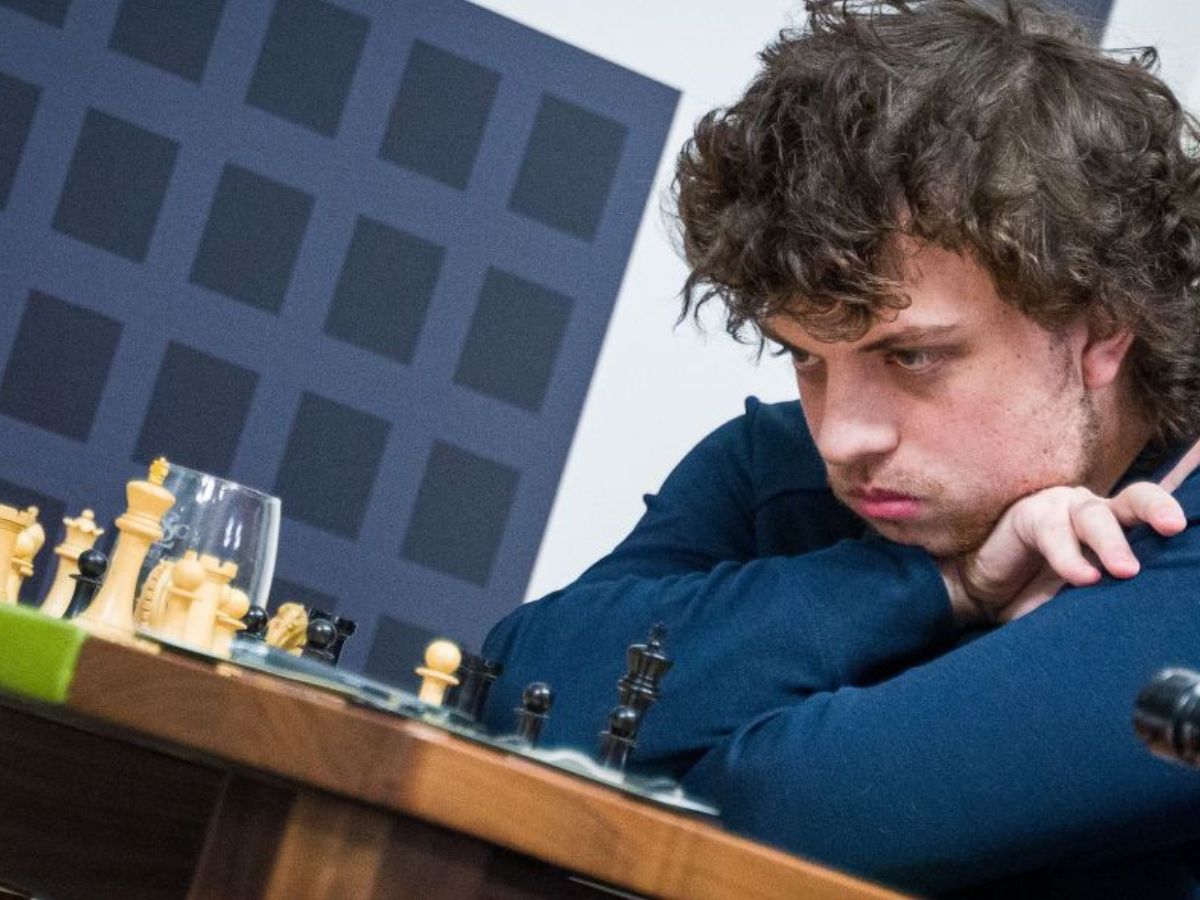American Grandmaster Hans Niemann has sparked a firestorm by comparing the thriving chess culture of India with what he describes as America’s uninspiring support, stating that the U.S. system is deliberately undermining its own players. In an X post, Niemann complimented India’s strategy: rewarding their players like celebrities, with early encouragement, government sponsorship, corporate patronage, and guidance from legends like Viswanathan Anand.
“Winners are appreciated in India”
He particularly referred to recent Indian success stories like Divya Deshmukh’s win at the FIDE Women’s World Cup, awarded a ₹3 crore cash reward and top class accolades by the Maharashtra administration and Indian sport governing bodies. Such exposure and financial support, he contended, is exactly the foundation America is lacking. Niemann cautioned that, as things stand, American chess could be relegated to the dustbin in 5 to 10 years. He deplored the fact that in America, best players turn towards academia at Ivy League universities and leave chess for lack of institutional backing. India’s methodical development system, however, keeps youngsters on track and thriving.
Following in Niemann’s remarks, Indian American GM Hikaru Nakamura had previously complimented India’s investment in the game, calling it the model he would like to see imitated in the US Contrast between the two systems has now fueled discussion on online chess forums and global media. Niemann’s candid remarks reopened the debate on how much national federations owe their pipeline of talent. Opponents of American chess infrastructure say that in the absence of prize money, media coverage, and visible career prospects, young players are demotivated and financially unstable. Indian players, on the other hand, enjoy the support of corporate sponsors, government awards, and national recognition.
While controversy is nothing new to Niemann, particularly from the 2022 Carlsen Niemann cheating debacle, this intervention drives attention toward more systemic questions regarding chess development rather than previous personal conflicts. Indian fans have backed up the sentiment, noting how India now has the reigning Olympiad champions and several emerging elite pieces polished by scholarships and organized training, while the once dominant chess landscape of the US appears to stagnate.







